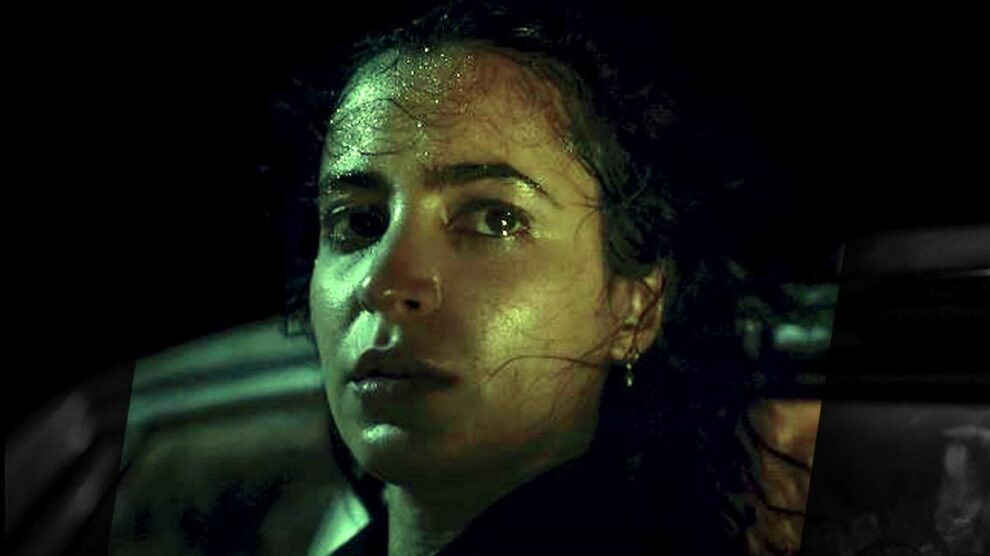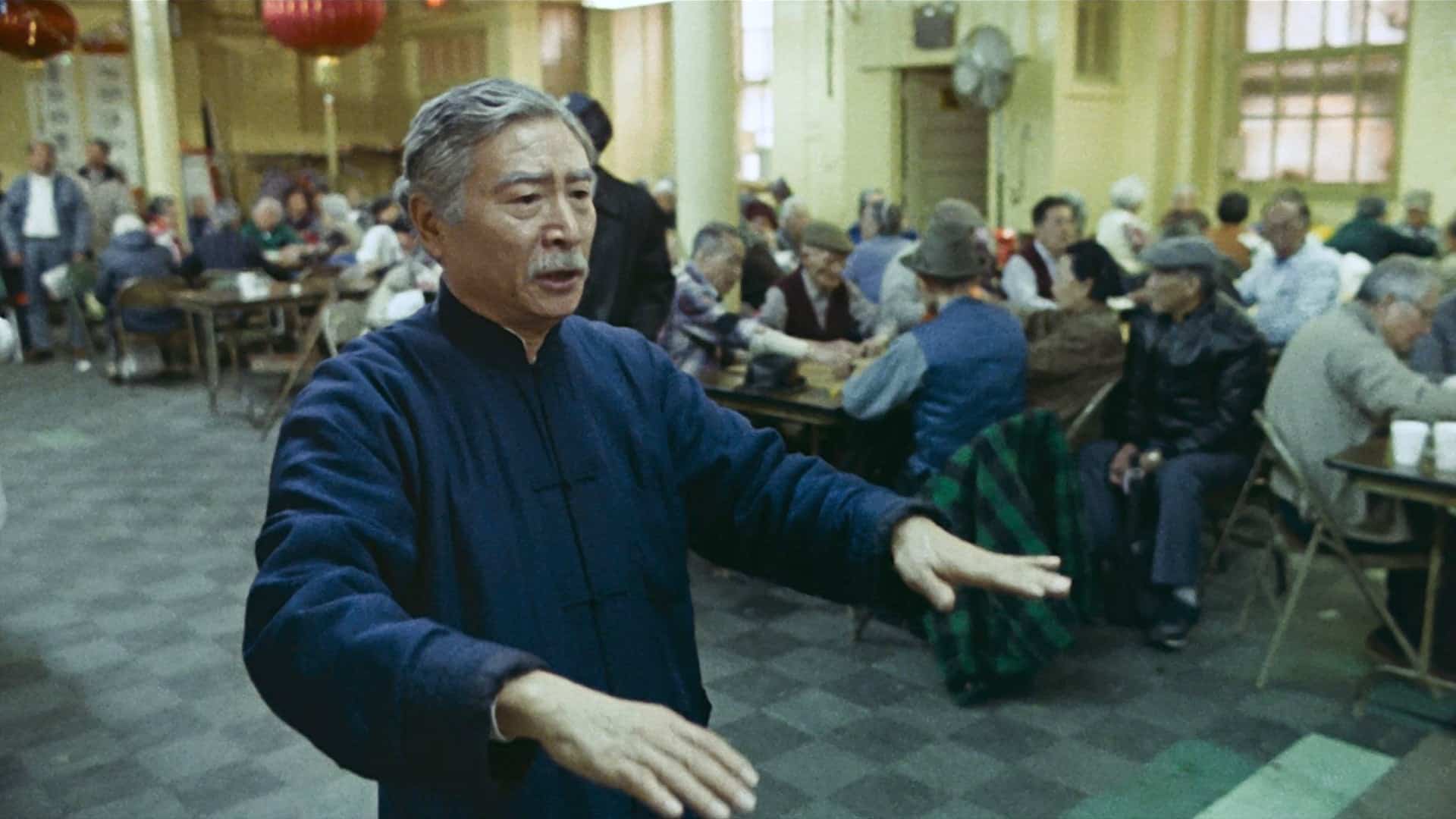When cinema was still banned in Saudi Arabia, Meshal Aljaser posted his short films on social media, gaining more than 200 million views. His short films “Is Sumyati Going to Hell?” and “Under Concrete” later showed on Netflix, while “Arabian Alien” won awards in Sundance and Atlanta. “Naga”, his first feature, screened in Toronto and Red Sea, and is currently streaming on Netflix.
Naga screened at Red Sea Film Festival

The movie begins with a shocking scene of violence in the 70s, which actually looms over the rest of the story, that takes place, however, in the present, and focuses on Sarah, a young woman who has received a set curfew by her father to return from her visit in the market, which is, though, just an excuse to go on a date with potential suitor Saad. The latter has plans for them to attend an underground party in honor of an award-winning poet in the desert, but things do not go exactly as planned, for either. Drugs, hallucinations, creepy passerby, a vengeful camel, fighting between the two, another woman and the event's host, a police raid and tons of violence are just some of the things Sarah encounters, all the while struggling to meet her curfew, against all odds.
Allow me to start with the negative aspects of the movie. As a whole, the story does not make that much sense, as too many things are happening, and most of them for no logical reason. The same actually applies to the cinematic approach, with Aljaser essentially including “every” trick in the book, with the shifts in tone and genre essentially resulting in the same unnecessary complications the script does.
Check also this interview
Apart from these, however, “Naga” has a lot working for it, particularly if one looks at all its elements individually. In that fashion, the whole bulk of the adventures Sarah experiences could be perceived as the blights of patriarchy, and how women are essentially persecuted in such societies, with her finding herself victim, essentially to a series of men. At the same time, the way she transforms after what is happening, turning from someone passive to one willing to react could also be perceived as a message, with the ending cementing the whole notion that there are underlying comments here, quite thoroughly.
Furthermore, in terms of visuals, the movie is impressive. The way DP Ibraheem Alshangeeti shoots the 70s, the desert, the interior of the huge tents, the violence and particularly the camel as a genuine monster is impressive to watch, with both the framing and the coloring being of the highest level. Furthermore, Laith Al-Majali and Meshal Aljaser's editing induces the movie with a frantic pace on occasion, with the jump cuts adding to the horror, and the ‘swooshing', abrupt cuts usually leading to violent incidents, reminding of Guy Richie's style. The combination of the two elements induces the movie with a sense of delirium that also works well in terms of entertainment, particularly in the fast-paced moments, since, when the rhythm breaks, the issues become more evident. As a whole, though, the audiovisual approach of the film is quite pleasant to the eye, resulting in a spectacle that definitely deserves to be seen on the big screen.
Lastly, Adwa Bader as Sarah is quite good in the role of a woman who changes through the hardships she experiences, while her angst and initial perplexing for what is happening, as much as the mental issues she seems to experience, essentially dictate the aforementioned delirious approach of the whole movie.
Meshal Aljaser needs to work a bit in his writing and directorial choices, but “Naga” still manages to highlight the progress of Saudi cinema, and considering this is a debut, the filmmaker's future definitely looks bright.















